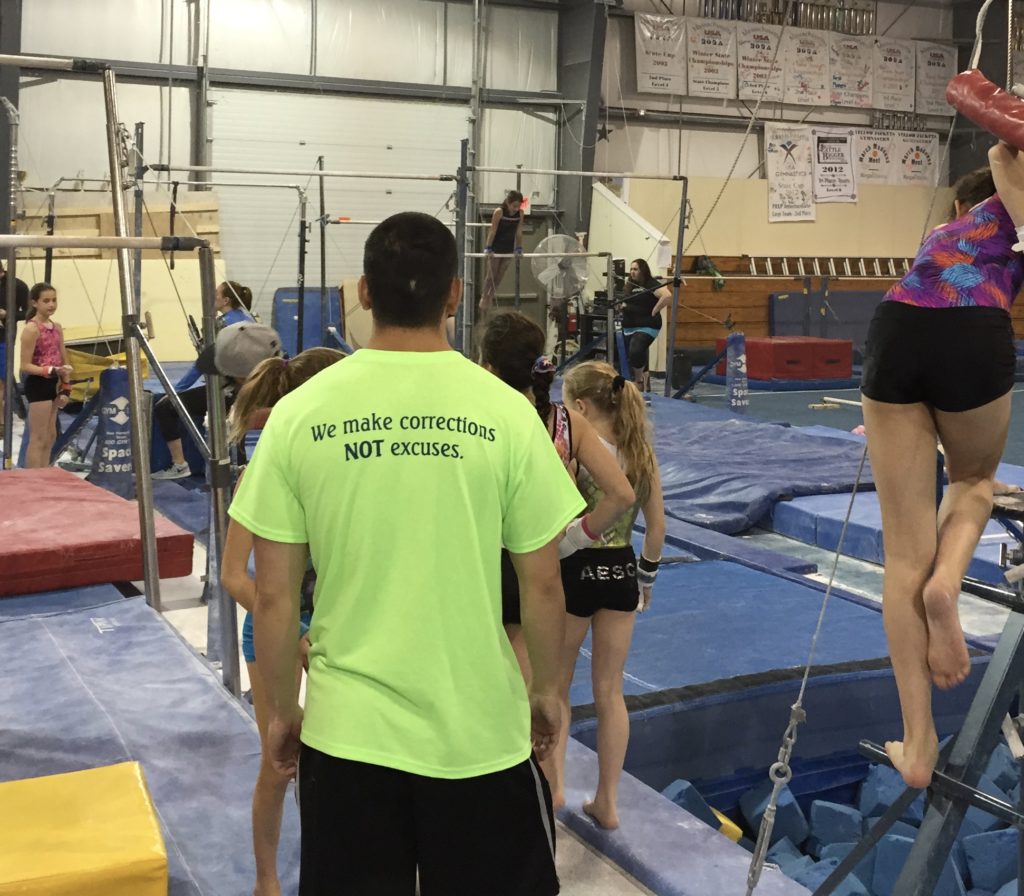You can blame this on Dina, the General Manager of my gyms. She sent me a link to a freakonomics podcast on productivity. We can all find ways in our work life to be more productive.
- How can I be more productive in the marketing of the gym?
- How can I be more productive in the managing of the staff?
- How can I be more productive in the gym?
According to Charles Duhigg and his band of productivity freaks, there are eight key tools or skills needed to be more productive.
- Motivation- We trigger self-motivation by making choices that make us feel in control. The act of asserting ourselves and taking control helps trigger the parts of our neurology where self-motivation resides
- Focus- We train ourselves how to pay attention to the right things and ignore distractions by building mental models, which means that we essentially narrate to ourselves what’s going on as it goes on around us.
- Goal Setting- Everyone actually needs two different kinds of goals. You need a stretch goal, which is like this big ambition, but then you have to pair that with a specific plan on how to get started tomorrow morning.
- Decision making.- People who make the best decisions tend to think probabilistically. They envision multiple, often contradictory, futures and then try and figure out which one is more likely to occur.
- Innovation.- The most creative environments are ones that allow people to take clichés and mix them together in new ways. And the people who are best at this are known as innovation brokers. They’re people who have their feet in many different worlds and, as a result, they know which ideas can click together in a novel combination.
- Absorbing data.- Sometimes the best way to learn is to make information harder to absorb. This is known in psychology as “disfluency.” The harder we have to work to understand an idea or to process a piece of data, the stickier it becomes in our brain.
- Managing others.-The best managers put responsibility for solving a problem with the person who’s closest to that problem, because that’s how you tap into everyone’s unique expertise.
- Teams.-Who is on a team matters much, much less than how a team interacts.
Of all of these I find self motivation the most intriguing. In many ways, the foundation of motivation is what’s known as the “locus of control” in psychology. Everyone either has an internal locus of control, which means that they believe that they control their own fate or an external locus of control, which means that they think things just happen to them and they’re powerless.
We’ve all met people who are one way or the other; we’ve met the people who sort of believe, “If I decide to climb that mountain, I can do anything.” And others who complain all the time, “You know, I wanted to get a better job, but my boss is mean to me, and I’m never lucky, and it doesn’t work out.” What’s interesting is that the influences of internal versus external locus of control are kind of surprising. For instance, there’s been experiments that show that when teachers tell kids that they’re really smart, that they did well on a test because they must be really smart — that actually triggers our external locus of control because most people don’t believe that they have any influence over how smart they are. It’s either something you’re born with or it’s not. Whereas when teachers tell kids, “You did great on this exam, you must have worked really hard” — that reinforces an internal locus of control because we all know, “I choose how hard I work.” What they’ve found is that self-motivation and motivation in general seems to rely on believing like we’re in control.
Alison Arnold has a mantra that I remember making the kids repeat:
“IF IT IS TO BE- IT’S UP TO ME”
We have asked the gymnasts to believe that they are in control of their destiny- BUT DO WE BELIEVE WE THAT WE ARE IN CONTROL OF OUR GYMNASTICS DESTINY?
In too many gyms (mine included) I hear excuses on why things can’t get done. Everyone blames the next guy or the situation. The first step of success is taking responsibility. It is on shirts we wear.
“WE MAKE CORRECTIONS NOT EXCUSES”

It’s time to stop making excuses about why you can’t get things done. Get a plan AND GET THINGS DONE!




